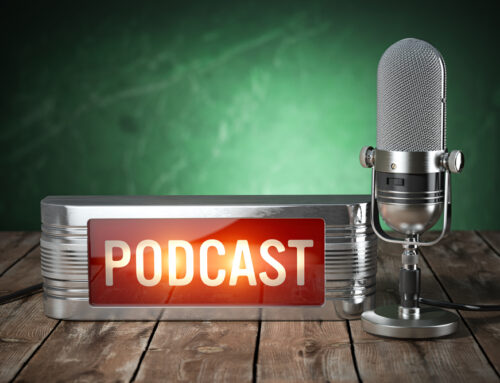Launching a podcast raises numerous questions. Often, new podcasters lack clarity on what aspects of podcasting to research. This adds to your workload and causes podcast-related anxiety. This can delay launching a podcast as you chase “perfection.” Or even lead to project abandonment.
Amidst the overwhelming tasks and learning curves, it’s crucial to allocate your limited time wisely.
Before you begin launching a podcast, let’s outline where you should dedicate most of your time and effort, highlighting common misconceptions among podcasters.
Common Pitfalls
Here’s the common misstep: many podcasters overly prioritize podcasting equipment and technology. A solid grasp of sound podcast recording is undeniably essential for success. Poor audio quality, erratic sound levels, or difficulty publishing online will not help you gain and retain listeners, and ultimately stop any potential audience growth.
The predicament arises when beginner podcasters, lacking audio and technical expertise, overinvest time in researching podcast gear, software, web design, and branding, often neglecting other vital aspects. Hey, who doesn’t have fun shopping for podcasting gear, and looking fondly at other podcast home studios? While these elements are important, they should represent a small amount of your overall podcast time.
So, where should you focus your time?
Key Priorities
The key is to understand your audience—especially for a new podcast without an existing following, your potential audience. This includes all the individuals you believe your podcast can educate, entertain, or engage with, even before you start.
What if someone else is already producing the exact podcast idea? What if they reject your concept? What if they ridicule your ideas?
Why Audience Research Matters
Understanding your audience goes beyond collecting demographic data. It’s about empowering them to shape the form and success of your show.
You may be an expert in your subject, but you might not know HOW your audience to engage your potential audience effectively. Understanding your audience is how you define the crucial “why” of your show.
Through conversations with your desired audience, you can quickly find their needs, challenges, desired benefits, preferred products or services, engagement with other podcasts or blogs, and their perceived gaps. Most importantly, you’ll identify how your unique skills and knowledge can best serve this audience.
One way of doing this is joining social media groups on Facebook or LinkedIn and really following the questions and discussions that happen there. Are they your audience? What kind of questions are being asked, and how is the group answering those questions? Reaching out to potential listeners early on, gathering as many opinions as possible regarding who they are, where they stand, and how you can best assist them in your new podcast.
You might have thought you’d be the one steering the ship on this podcast. But to create a podcast that truly engages your audience, you must address their questions and interests. Discover how you can best assist them in achieving their goals.
Understanding your audience significantly influences the content you create. It can create a strategy for your podcast, that can address elements crucial to your podcast’s success. Whatever your definition of success may be.
What Will Your Podcast Sound Like?
Understanding your audience shapes your future podcast decisions, like:
- Topics
- Guests
- Social Media
- Monetization
- Format
- Editing style
When launching a podcast, focus your time on understanding your audience, as it profoundly impacts your podcast’s success in various aspects such as topics, guests, marketing, monetization, editing, and more. Audience research is crucial for shaping your show’s trajectory and ensuring it meets your listeners’ needs and desires.




